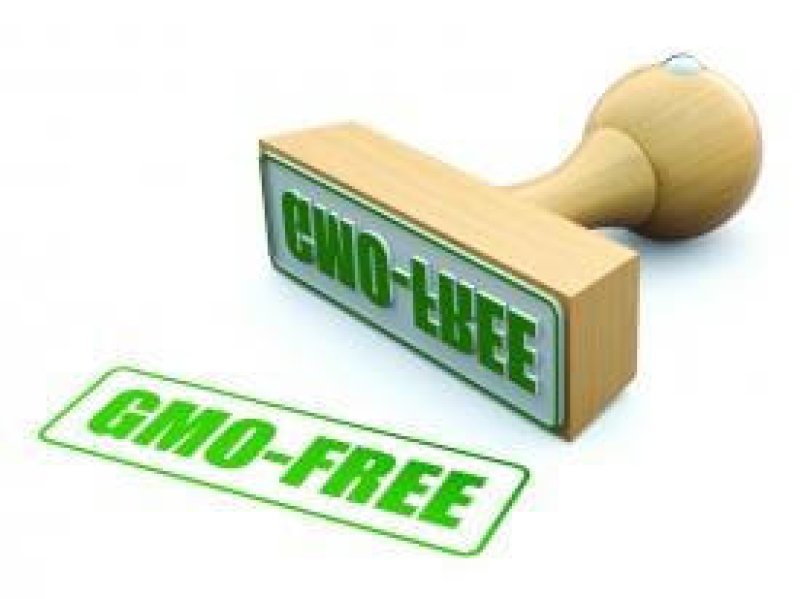The GLP aggregated and excerpted this blog/article to reflect the diversity of news, opinion and analysis.
‘Fat-free,’. . .‘gluten-free’ . . . are all in recent history’s hit parade of terms perceived by many consumers as a sign that that a product is somehow ‘better’ or ‘healthier.’ The most recent term to join this hit parade is ‘non-GMO.’
And it’s following a familiar path: First, it’s growing fast, as marketers sense a significant business opportunity; and second, it lacks a uniform federal definition, laying manufacturers open to consumer fraud class actions arguing that ‘reasonable consumers’ understand GMOs more broadly than manufacturers do.
Specifically, as the Chipotle Mexican Grill, Inc. experience has illustrated . . . . at least two significant questions about GMO ingredient sourcing that legislators and courts have not yet answered are stirring the pot for cookie cutter consumer lawsuits:
Does GMO feed given to animals from which meat or dairy products are then made in turn then indelibly convert such meat and dairy products into ‘GMO foods’?
Can beverages qualify as ‘non-GMO’ if their ingredients were sourced from items such as GMO corn syrup?
. . . .
Making GMO-free claims (without a third-party certification) on food products . . . places manufacturers at risk of lawsuits not only because of the varying interpretations of ‘GMO’ but also because of the likelihood of GE ingredients and/or processes entering production at any stage of the ingredient supply and manufacturing stream.
. . . .
To reduce the risk of getting wrapped up in the debacle, manufacturers could contemplate: transparency of their GMO-related consumer communications; dialogue between company legal departments . . . and marketing personnel. . . and risk-reward analysis of pursuing non- GMO certifications.
Read full, original post: GUEST ARTICLE: Fruit of the poisonous tree… How far down do GMO roots extend?































